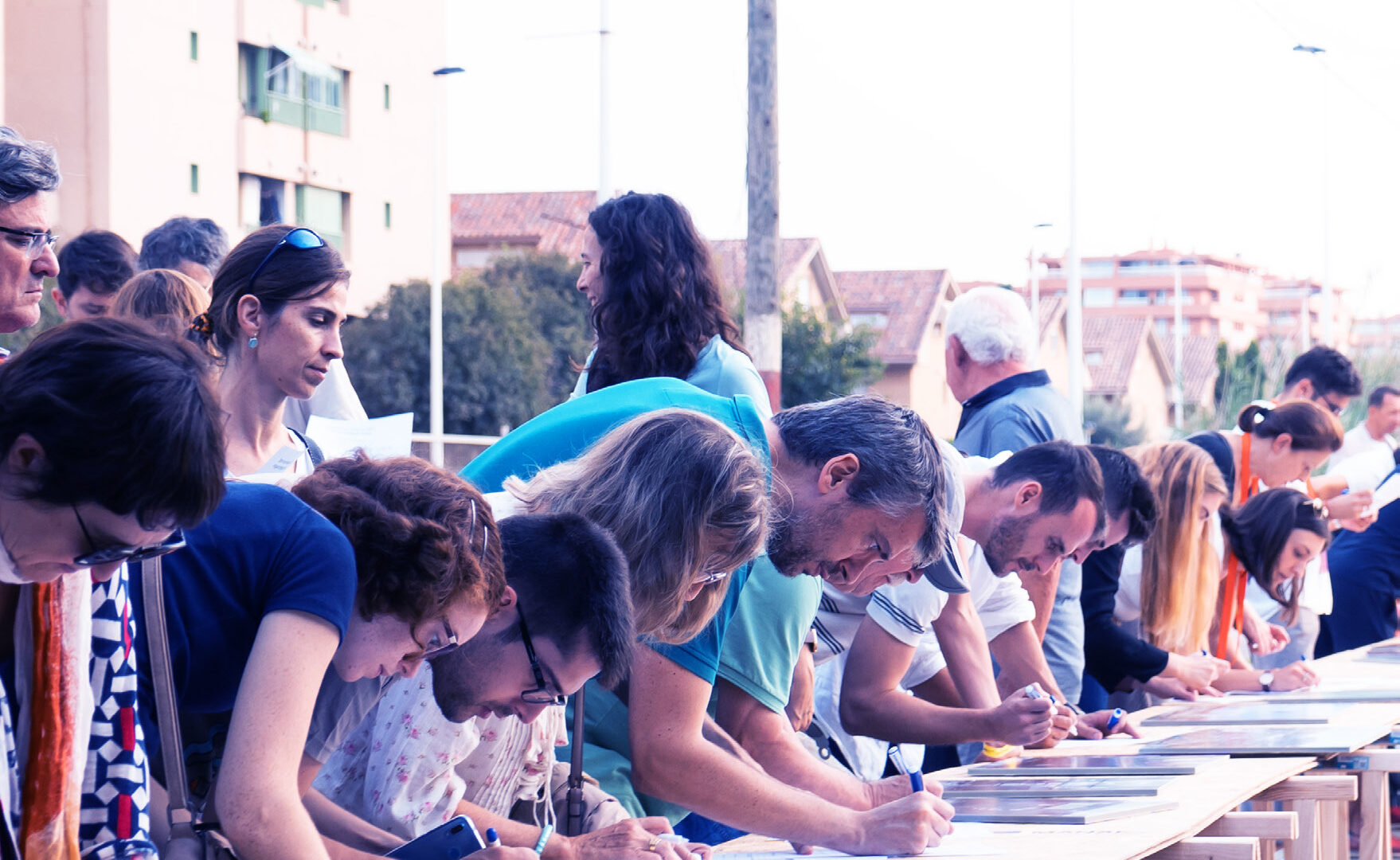Sustainable Urban Development
DUS
DUS
Sustainable Urban Development
Sustainable Urban Development
Therefore, it is necessary to integrate sustainability into how we understand and transform our cities, consolidating collaboration and joint work between all the agents participating in its development, both the public and private sectors, as well as civil society.
Consequently, a Sustainable Urban Development Department -DUS- has been created in the Land Area as a strategic commitment to improve the urban environment and help to build more active, healthy and inclusive cities. Our planning and land management work is aligned with the company’s General Sustainability Strategy (ESG24), to really transform the company’s culture, integrating sustainability into all its activities.
To be sustainable, any urban transformation process must involve citizens in all its phases, from design and planning to management, execution and consolidation of our projects. A pioneering way to do urban planning, with citizen participation as its hallmark, and in which Metrovacesa is a benchmark in the sector, paving the way for a horizon of opportunities to continue to strengthen a sustainable business model responsible with society and the planet.
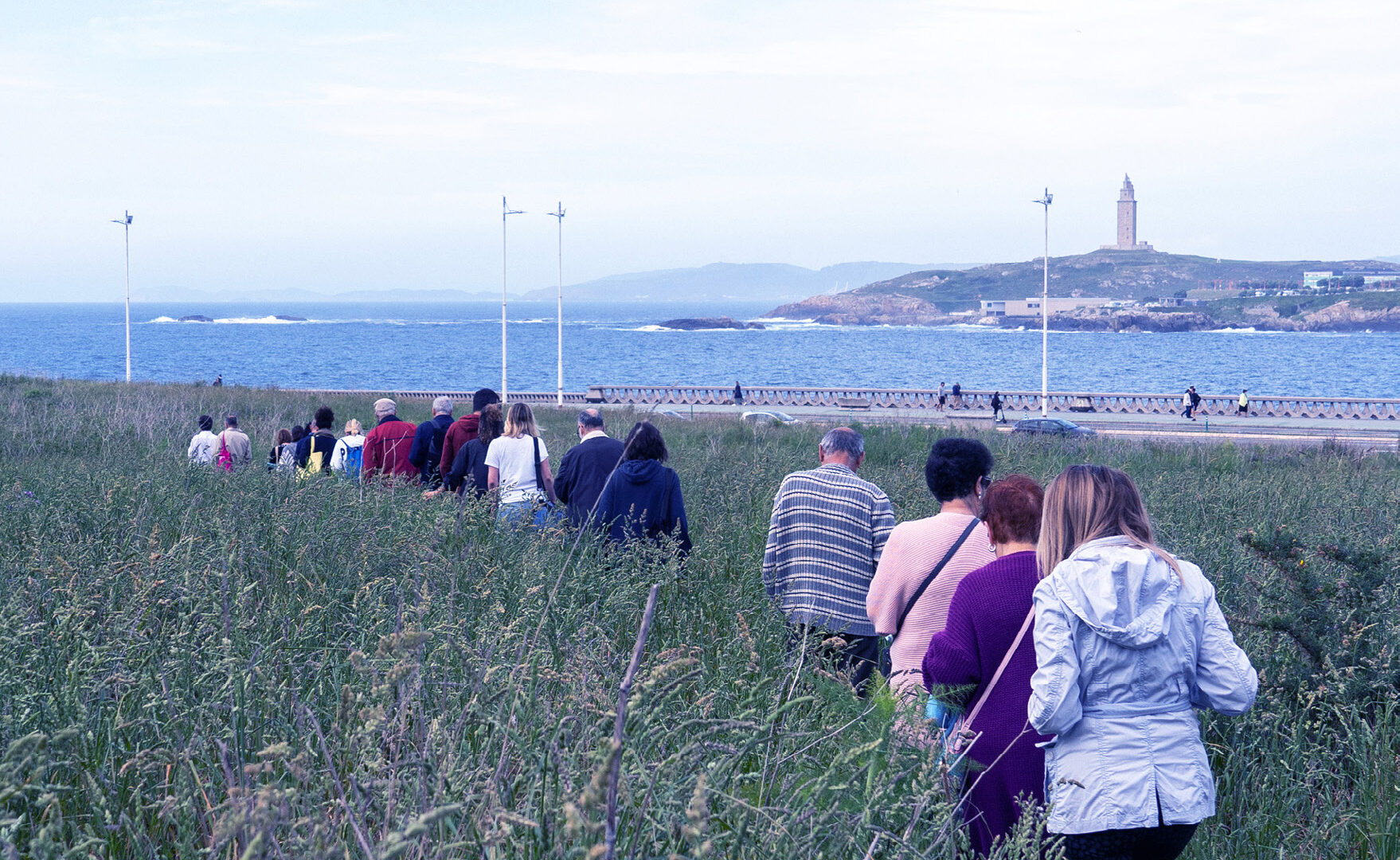
The DUS project
Our objectives are the following:
• To understand the urban and social reality of areas where our urban development projects are carried out.
• To open new communication channels with citizens so our projects and their progress are known.
• To Integrate into our projects the best ideas, practices and solutions to urban sustainability challenges.
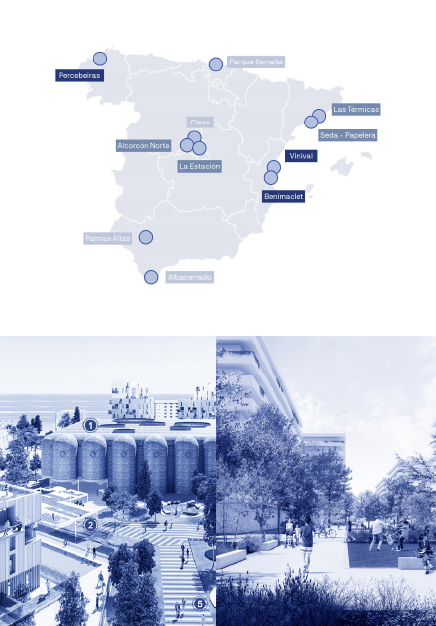
3DUS alliances
-
1
SUSTAINABILITY AND PARTICIPATION NETWORKS
Integration as an ambassador organisation in European programmes such as Missions València 2030 or learning communities such as the Participatory Group promoted by the City Council of Madrid, in which public entities, companies and citizens’ organisations work together.
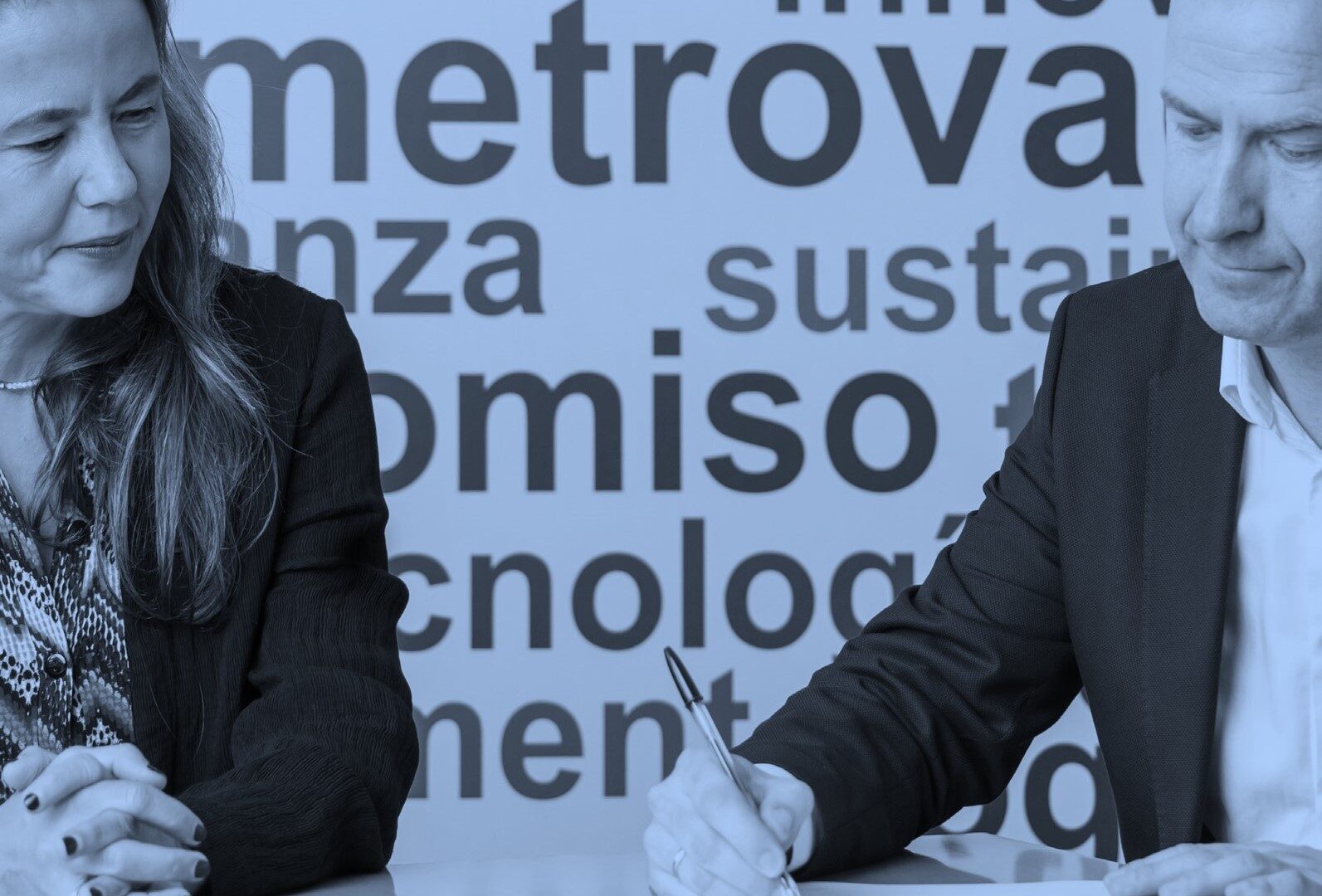
-
2
UNIVERSITIES AND RESEARCH CENTRES
We collaborate with academic entities such as the UNED, ELISAVA – Facultat de Disseny i Enginyeria de Barcelona, the Universidade da Coruña and the Universitat Politècnica de Valencia to generate knowledge and R&D applicable to our urban developments.
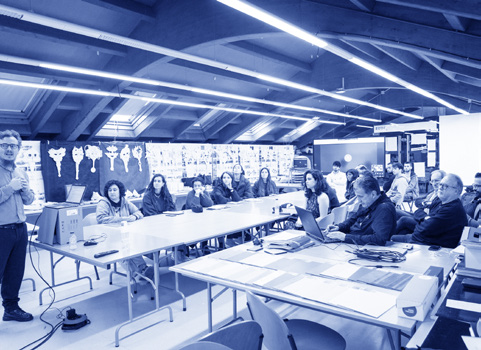
-
3
INNOVATION CLUSTERS AND SUSTAINABLE INITIATIVES
We participate in clusters that strengthen public-private collaboration to promote strategic actions related to city sustainability, such as Ciudades Sostenibles 2030 by Forética.
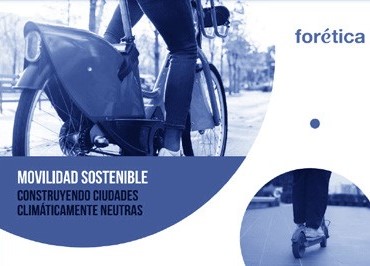
-
4
FORA AND MEDIA TO DISSEMINATE GOOD PRACTICES
We strive to communicate our actions so they can be a reference to exemplify the values of this new way of making cities by participating in sector fora, where we can share our projects or collaborate with the media as correspondents.
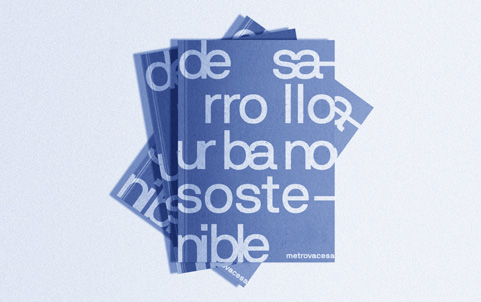
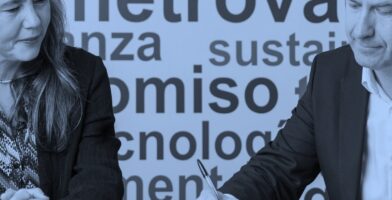
SUSTAINABILITY AND PARTICIPATION NETWORKS
Integration as an ambassador organisation in European programmes such as Missions València 2030 or learning communities such as the Participatory Group promoted by the City Council of Madrid, in which public entities, companies and citizens’ organisations work together.
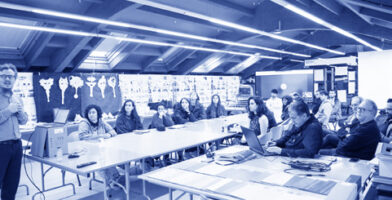
UNIVERSITIES AND RESEARCH CENTRES
We collaborate with academic entities such as the UNED, ELISAVA – Facultat de Disseny i Enginyeria de Barcelona, the Universidade da Coruña and the Universitat Politècnica de Valencia to generate knowledge and R&D applicable to our urban developments.
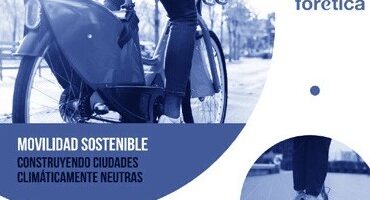
INNOVATION CLUSTERS AND SUSTAINABLE INITIATIVES
We participate in clusters that strengthen public-private collaboration to promote strategic actions related to city sustainability, such as Ciudades Sostenibles 2030 by Forética.

FORA AND MEDIA TO DISSEMINATE GOOD PRACTICES
We strive to communicate our actions so they can be a reference to exemplify the values of this new way of making cities by participating in sector fora, where we can share our projects or collaborate with the media as correspondents.
DUS initiatives
Our projects are an opportunity to contribute to all these questions, taking advantage of the scope and impact capacity of our urban developments in Spain.
The principal formats for participation are:
• Informative talks to explain the projects and their progress.
• Co-design workshops to incorporate the contributions of citizens and evaluate alternatives in the design phase.
• Thematic workgroups to integrate the best ideas regarding specific aspects of the projects.
• Neighbourhood revitalisation actions to activate, connect and unite the local community around the projects.
• Meetings between experts and citizens to discuss the more technical aspects of the urban planning process.
